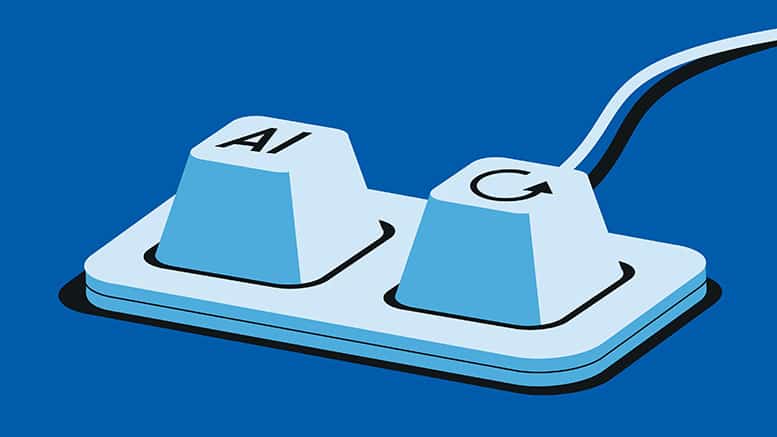
The rapid advancement of artificial intelligence (AI) technologies has brought both excitement and concern to the landscape of higher education. Educators, administrators, and policymakers are confronting fundamental questions about the future of learning, teaching, and the role of academic institutions in an AI-driven world.
A chief concern lies in the belief that AI might replace human educators, automate core educational functions, or diminish the relevance of traditional colleges and universities. This anxiety is compounded by the growing accessibility of AI-powered tools, which can now generate essays, answer complex questions, and even simulate human-like instruction.
However, experts argue that the narrative surrounding AI in education should be more nuanced. Instead of viewing AI as a threat, many believe it should be embraced as an asset that can enhance, rather than replace, human instruction. AI has the potential to automate administrative tasks, support adaptive learning systems that personalize student content, and provide data-driven insights into student performance and engagement.
Moreover, AI challenges educators to re-evaluate core curricular goals, placing greater emphasis on critical thinking, creativity, and ethical reasoning—skills that machines struggle to replicate. Rather than focusing solely on content transmission, institutions may shift towards cultivating skills that prepare students to thrive in increasingly automated and technologically saturated environments.
In response to these shifts, some colleges have started integrating AI literacy into their general curricula, preparing students for the ethical and practical dimensions of working alongside intelligent systems. Faculty development programs are also evolving to help instructors incorporate AI into their teaching responsibly.
Ultimately, the future of AI in higher education will depend on proactive leadership, thoughtful policy development, and a willingness to adapt to change. While uncertainties remain, many in the academic community see this moment as an opportunity to reinvent education in a way that aligns with the technological realities of the 21st century—all while preserving the core values of human learning and mentorship.
Source: https:// – Courtesy of the original publisher.








